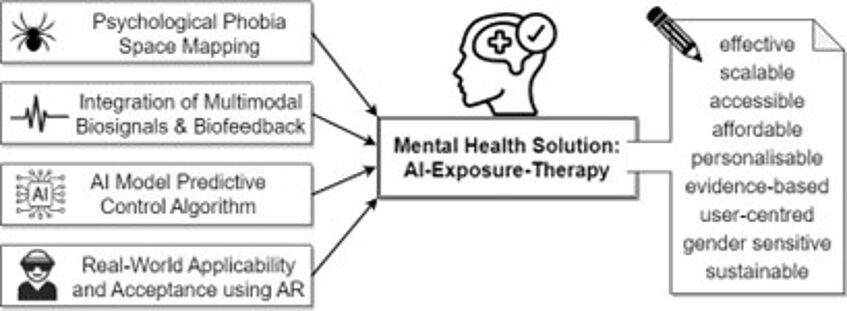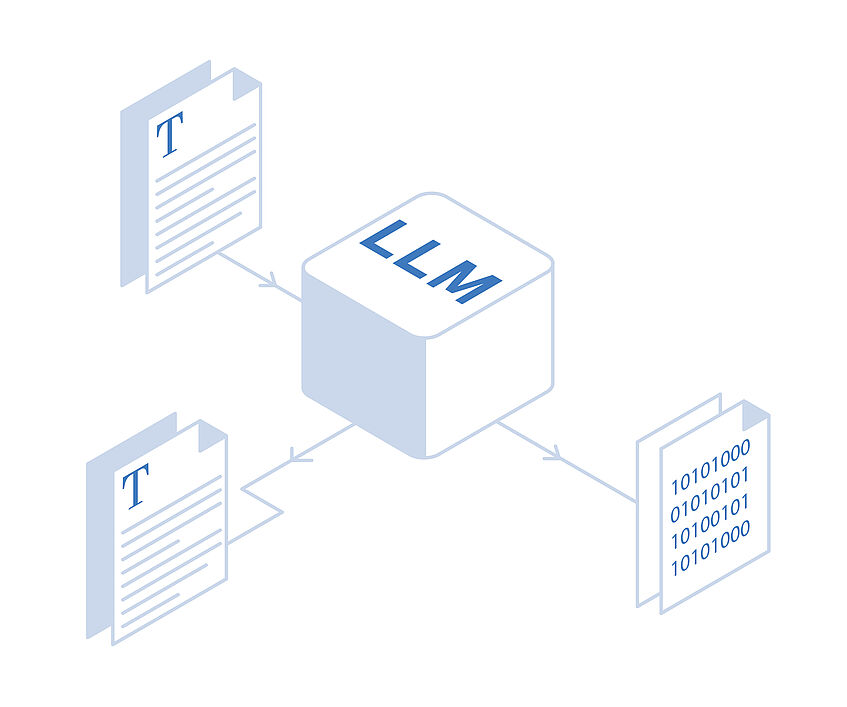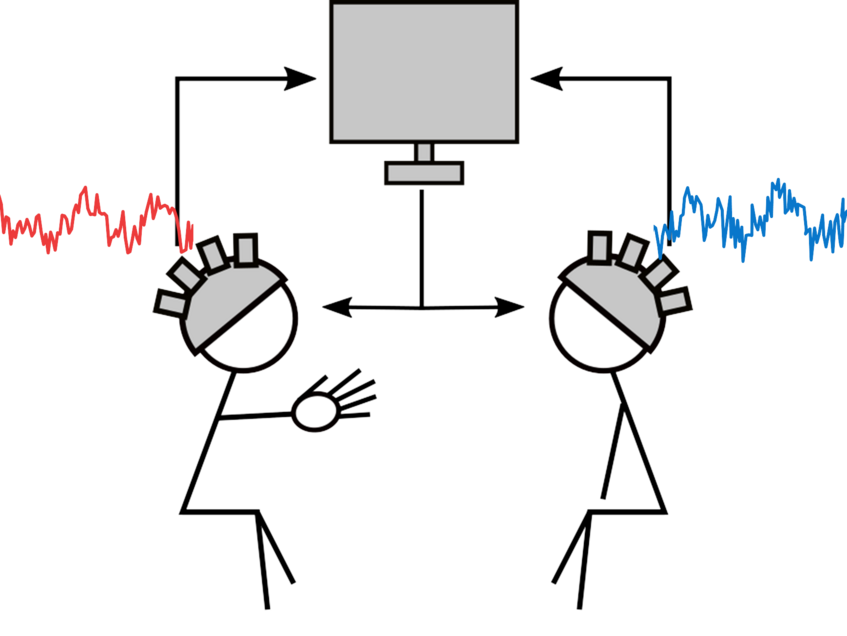Machine learning predictions

Machine learning predictions
Machine-learning techniques are powerful tools for data analysis that allow for identifying complex (non-linear) patterns, aggregating various types of data, and are robust to overfitting to deliver accurate predictions. We offer interpretable machine learning solutions for your data that also shed light on feature importance, helping you to understand which variables most influence your outcome. We also provide a transfer of knowledge so that your team can carry out such analyses independently.
Automating Personalized Exposure Therapy for Anxiety Disorders

Automating Personalized Exposure Therapy for Anxiety Disorders
Despite its effectiveness, the labor-intensive nature of exposure therapy and the scarcity of therapists limit its accessibility, prompting a need for scalable alternatives. We address these limitations by leveraging advanced AI technologies (Model Predictive Control and Bayesian Optimization), wearable biosensors, and augmented reality to create a scalable and personalized exposure therapy solution. Our approach will provide a customized clinician assistant system and a stand-alone solution for early intervention for at-risk individuals, thus cost-effectively treating and preventing anxiety disorders.
AI-powered psychiatry using Natural Language Processing (NLP) and Large Language Models (LLM)

AI-powered psychiatry using Natural Language Processing (NLP) and Large Language Models (LLM)
Leveraging NLP and LLMs, we seek to harness highly relevant but underutilized data derived from verbal and written diagnostic assessments and reports, a crucial resource in psychiatry that remains challenging to quantify effectively with traditional methods. By integrating these novel textual analytics with demographic and clinical data through our interpretable machine learning models, we aim to enhance the precision and accessibility of diagnostic and therapeutic tools.
Hyperfeedback

Hyperfeedback
Social interaction plays a pivotal role in human cognition and well-being. Hyperscanning studies of social interaction have associated increases in interbrain synchrony with positive outcome measures of cooperation, learning, and mutual understanding. We work on developing a hyperfeedback system designed to train and enhance interbrain synchrony using functional near-infrared spectroscopy (fNIRS) to benefit human interaction.
Neurofeedback

Neurofeedback
We develop new brain imaging methods and apply them to clinical conditions. Specifically, we use functional magnetic resonance imaging (fMRI) as a non-invasive therapeutic tool. This can be achieved by using real-time fMRI and neurofeedback of brain signals to teach participants and patients to self-regulate their brain activity. With our work, we aim to translate this cutting-edge technology to the clinics to benefit patients.
Open Science

Open Science
We truly believe in sharing scientific knowledge and embrace transparency in science. To actively promote open science, we adhere to the following principles:
All code and software that we develop for stimulus presentation and analyses related to a publication is freely available via public repositories (e.g.: https://github.com/univiemops).
All stimulus material and data is publicly available and free for use under the creative commons license.
All articles are made publicly available prior to publication on preprint servers like psyArXiv/bioRxiv/medRxiv.
All articles are published in open-access journals or using the gold open-access agreement.
We actively contribute to consortia that promote data sharing (e.g. ENIGMA Neurofeedback, ENIGMA-Anxiety and open science practices (e.g. https://brainhack.org).
